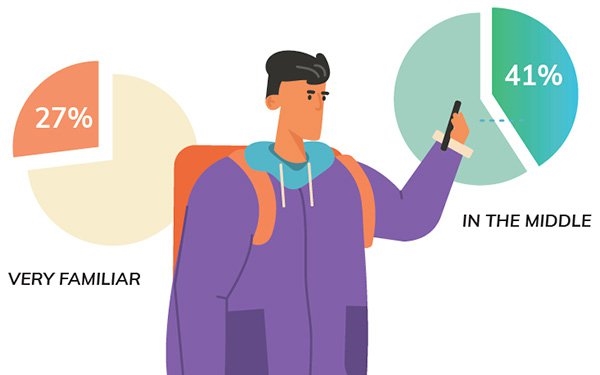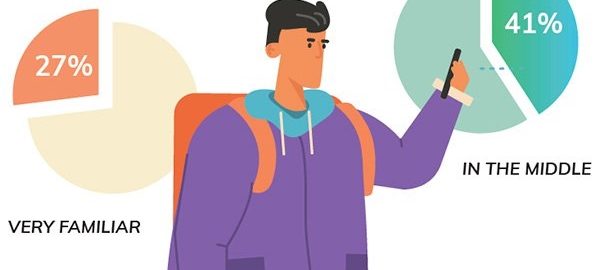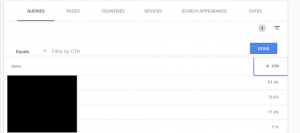Only 27% Of Marketers Are Very Familiar With Contextual Advertising, Study Shows

The advertising industry continues to undergo transformation with Google ending its Federated learning of cohorts (FLoC) for Topics and privacy legislation, as advertisers look to cut ties with behavioral targeting and pivot toward more sustainable alternatives such as collecting first-party data.
Contextual advertising awareness has a steep hill to climb. But brands like Frito Lay, which has tackled the challenge, find success, GumGum data shows.
James Clarke, senior director of media strategy and CRM, Frito Lay North America, believes success in contextual advertising is less dependent on the brand being advertised and more so on the strength of alignment between messaging and creative with the surrounding environment in which the ad is placed.
“While many advertisers are aware of contextual capabilities to address the cookieless-future, there is still a great deal of education needed around it,” said GumGum CEO Phil Schraeder.
He said there are two different contextual technologies. The majority of conversations are based on the contextual technology of the past, one only based on keywords. Then there is the next generation of contextual-intelligence technology, which can follow many signals, including video, image, and text.
Research released today from GumGum, a global technology and media company, and Brand Innovators, a community of brand marketers, shows just how much education marketers need about alternative targeting options like contextual advertising.
The survey of about 100 senior marketers found that 49% of brand marketers look to contextual advertising to replace cookies in their marketing efforts. The study, conducted by an independent third-party researcher, also showed most marketing executive respondents expect to increase their digital and mobile ad spends as the advertising industry moves to a cookieless future.
The research found only 27% of respondents were “very familiar” with contextual advertising, with 41% admitting they were somewhere in the middle, neither familiar or overly unfamiliar. This identifies a major gap when it comes to education about contextual targeting in the advertising industry.
The findings also show that 56% of key marketing executives surveyed say they are aware that “contextual advertising is often cited as a key solution to the upcoming post-cookie environment.” Thirty-four percent responded that they were unaware, and 10% were unsure.
Marketers who are knowledgeable in contextual advertising were hopeful that it has the potential to replace traditional cookie targeting.
When asked why, 38% cited the ability to find a brand-suitable environment based on contextual targeting rather than keywords was the most attractive feature. Some 23% said the ability to limit media placement to environments where consumers are open to hearing the brand’s message. In addition, 11% found the ability to run dynamic ad copy depending on the environment to be a benefit.
Privacy is another key benefit of contextual advertising. Contextual engines do not collect user data or track data, and brands do not face privacy concerns they encounter with other forms of digital advertising.
Despite privacy challenges and the learning curve with other options, survey respondents said the difficulty in the transition resides in the fact that cookies have been very important to their marketing efforts, with almost 90% agreeing that cookies had been either “very important” or “somewhat important.”
GumGum has developed its own solution to the challenge. “We believe that digital advertising will evolve to capture the consumer’s mindset though a key combination of creative, context and the consumer’s attention as a driving force behind advertising effectiveness,” Schraeder said. “Each of these components are independently important, but collectively make up what we call the Mindset Matrix, which will be instrumental in understanding and optimizing the advertising campaigns of tomorrow.”
Unlike other targeting solutions, he said, the ability to harness the consumer mindset will drive the impact that contextual advertising can achieve. It will give advertisers a fuller picture to understand the effectiveness of their digital campaigns.
Contextual advertising awareness has a steep hill to climb. But brands like Frito Lay, which has tackled the challenge, have found success, GumGum data shows. James Clarke, Frito Lay senior director, media strategy and CRM, believes success in contextual advertising is less dependent on the brand being advertised and more so on the strength of alignment between messaging and creative with the surrounding environment in which the ad is placed. MediaPost.com: Search & Performance Marketing Daily
(9)
Report Post








